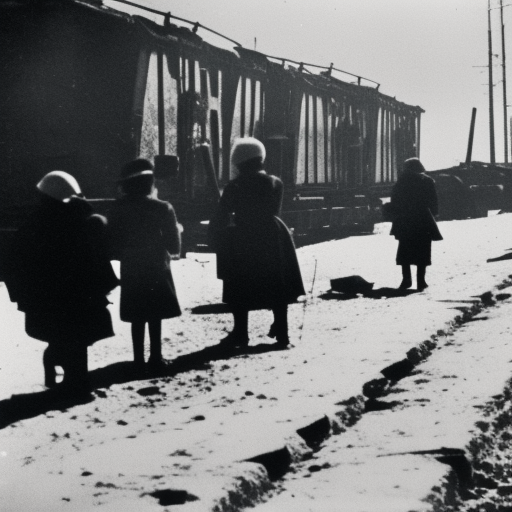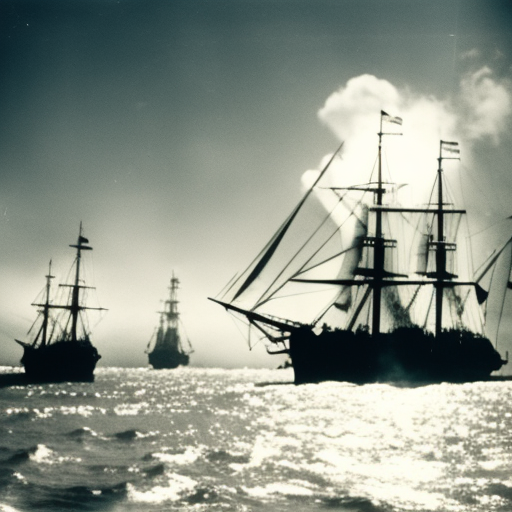The Eastern Front: A Crucial Theater of World War II
The Eastern Front was a major theater of operations during World War II, encompassing the conflict between Nazi Germany and its allies against the Soviet Union. It was the largest and bloodiest front in the war, with millions of soldiers and civilians losing their lives in the fighting. The Eastern Front played a pivotal role in determining the outcome of the war and had far-reaching consequences for both the Soviet Union and Germany.
Background and Initial German Successes
The Eastern Front was opened on June 22, 1941, when Germany launched Operation Barbarossa, a massive invasion of the Soviet Union. The German forces, led by Adolf Hitler, aimed to conquer vast territories and destroy the Soviet Union as a political and military power. Initially, the German offensive achieved remarkable success, as the Soviet forces were caught off guard and suffered heavy losses. The Germans swiftly advanced deep into Soviet territory, capturing millions of prisoners and inflicting significant damage.
The Soviet Resistance and Stalingrad
However, the Soviet Union did not collapse as the Germans had anticipated. Despite the initial setbacks, the Soviet forces regrouped and launched a determined resistance. The Soviet people, under the leadership of Joseph Stalin, displayed immense resilience and fought fiercely to defend their homeland. The turning point in the war on the Eastern Front came with the Battle of Stalingrad, which lasted from August 1942 to February 1943.
The Battle of Stalingrad was a brutal and protracted struggle for control of the city, which was a crucial industrial and transportation hub on the Volga River. The Soviet forces, led by General Georgy Zhukov, successfully defended the city and eventually encircled the German Sixth Army, forcing them to surrender. The German defeat at Stalingrad was a significant blow to their morale and marked a turning point in the war, as it halted their advance and put them on the defensive.
The Soviet Counteroffensive and the Road to Berlin
Following the victory at Stalingrad, the Soviet Union launched a massive counteroffensive, pushing the German forces back and reclaiming lost territories. The Soviet military strategy focused on wearing down the German forces through attrition and overwhelming them with superior numbers. The Battle of Kursk in July 1943 was another crucial turning point, as the Soviet forces successfully repelled a major German offensive and launched a counterattack, resulting in heavy losses for the Germans.
From 1944 onwards, the Soviet Union continued to advance westward, liberating Eastern Europe from German occupation. The Soviet forces played a key role in the liberation of Warsaw, Budapest, and Belgrade, among other major cities. The final phase of the war on the Eastern Front culminated in the Battle of Berlin, where the Soviet forces, led by Marshal Georgy Zhukov, captured the German capital in April 1945. This marked the end of Nazi Germany and the ultimate victory of the Allies in Europe.
Consequences and Legacy
The Eastern Front had a profound impact on the outcome of World War II and the post-war world. The Soviet Union’s ability to repel the German invasion and ultimately defeat the Nazis played a crucial role in shaping the course of the war. The Eastern Front also witnessed some of the most brutal and devastating battles in history, resulting in the loss of millions of lives and widespread destruction.
The war on the Eastern Front also had long-lasting consequences for the Soviet Union. The immense sacrifices made by the Soviet people and the devastation caused by the war had a profound impact on the country’s economy and society. Additionally, the war solidified the Soviet Union’s status as a global superpower and set the stage for the Cold War between the Soviet Union and the United States.
In conclusion, the Eastern Front was a critical theater of operations during World War II, where the Soviet Union successfully repelled the German invasion and ultimately emerged victorious. The battles fought on the Eastern Front were some of the most significant and brutal in history, and their consequences shaped the post-war world. The Eastern Front remains a testament to the resilience and sacrifice of the Soviet people and the decisive role they played in defeating Nazi Germany.












